DEMO Africa 2014: Five Health And Education Startups To Watch
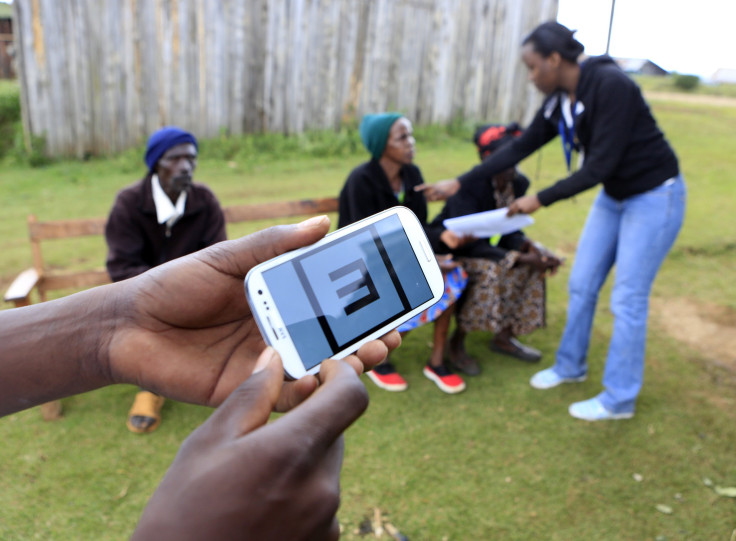
When entrepreneurs from around Africa meet in Lagos to pitch their ideas to investors this week at a major startup conference, one common theme will be how to use cellphones to solve big problems.
Among the 40 startups chosen to attend DEMO Africa 2014, some of the most exciting choices are those that harness the increased computing power and popularity of smartphones in remote parts of the continent.
“Africa is a mobile-first continent, so there is quite some showing on this space,” Harry Hare, head of the African eDevelopment Resource Center and executive producer of DEMO Africa, told International Business Times.
Mobile data use doubled in sub-Saharan Africa between 2012 and 2013, and it's on track to hit 930 million users by the end of 2019, up from 551 million at the end of last year, according to a recent report from Ericsson.
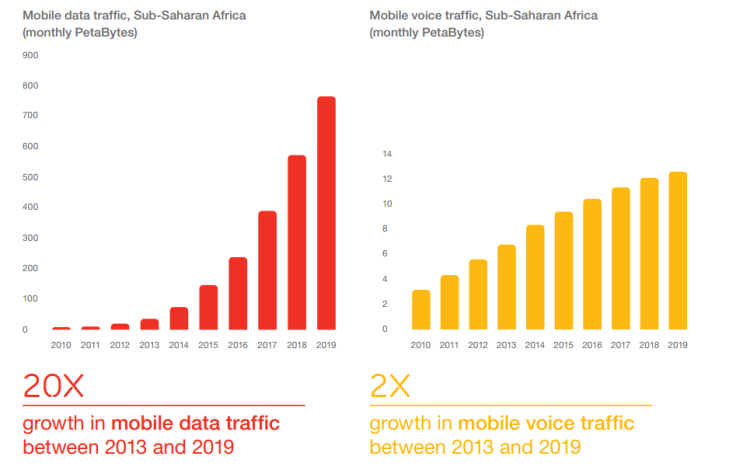
“Mobile users in the region have shown a preference for using their devices for a variety of activities that are normally performed on laptops,” the report says.
This phenomenon, for entrepreneurs, is an incredible opportunity, especially in sectors that address the region's unique needs and challenges.
Hare said that among the group of 40 startups presenting at the conference, those in the education and health fields are “coming in strongly with disruptive distribution as an underlying concept,” he said, which he defines as innovative approaches to age-old problems.
Here are a few of the attendees focusing on these areas:
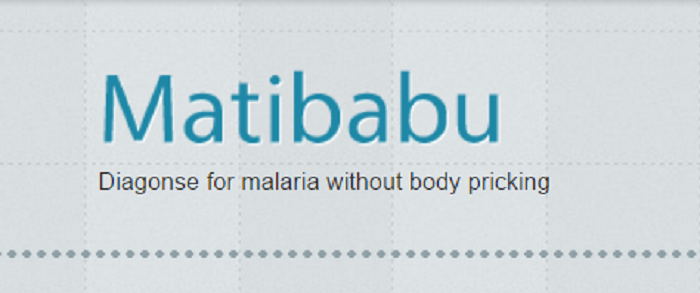
HEALTH: Matibabu
This smartphone-based system can be used to help diagnose malaria without the need of a blood test using a special kind of light and sensor that can examine blood cells.
The team -- Brian Gitta, Josiah Kavuma, Simon Lubambo and Joshua Businge -- have said that they came up with the idea after one of them contracted malaria and had to wait a long time before their diagnosis.
“It uses simple technology to address and solve one of the world’s toughest problems,” they said in a recent interview.
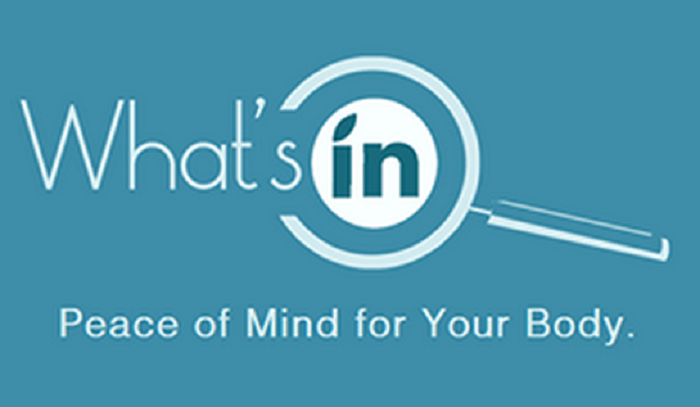
HEALTH: What’s In
The mobile platform allows users to scan various products to check for chemicals they may be allergic to. Customers would download the app, input their allergies, and scan the product barcode, and the database comes up with an instant report.
Their product won the people’s choice award at Startup Weekend Monterey Bay 2014.
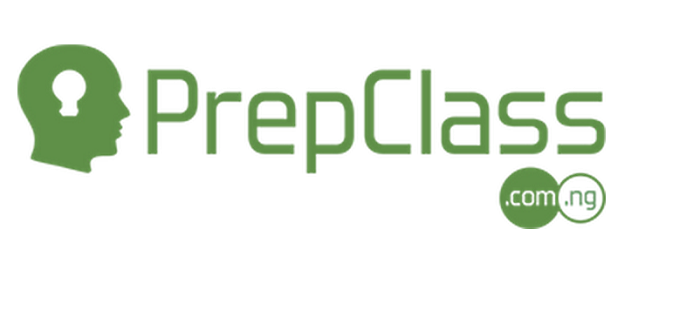
EDUCATION: Prepclass
With this e-learning platform, high school and undergraduate students can use their digital devices to access lectures, notes and even tests related to subjects they wish to focus on, or practice for national examinations.
Launched in Nigeria last January, the platform has more than 1,300 users, who have generated more than $2,600 in revenue.
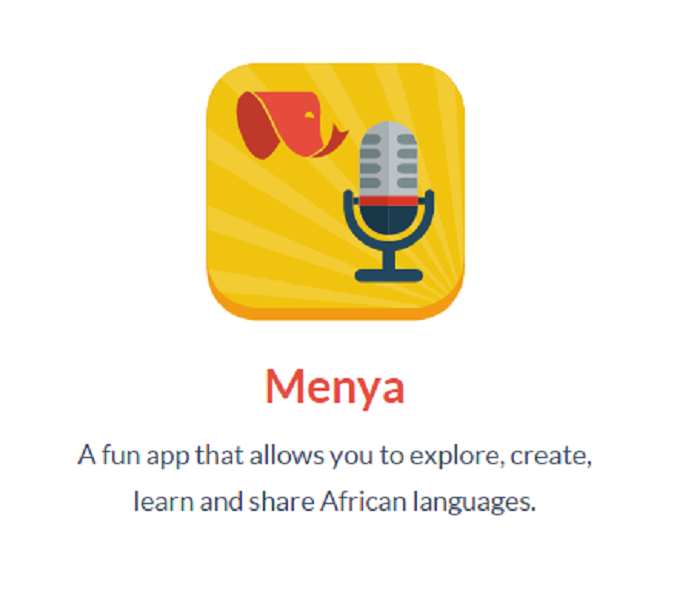
EDUCATION: Jifunza
Based in Rwanda, Jifunza’s mobile app, called Menya, provides tools to learn African languages, and lets users interact and share what they’ve learned on a social platform.
“With many nationals in Africa adopting strong local language policies, it has been more important to give power to those who wish to teach, share and learn African languages,” the company website says.

EDUCATION: The Pearl Dream Inc.
This digital story collection focuses on African stories for kids, while also selling animation-inspired items on its site. Starting with works in the public domain, the startup is now commissioning original work from writers from all over Africa, and adding illustrations. Its website also has a retail component that sells products related to the stories.
“Dream Africa is an application that we hope will bring African writers who write African stories to a bigger audience,” CEO Brian Asinga said in a recent interview. It's one of five teams from Kenya that will be attending the conference this year.
© Copyright IBTimes 2025. All rights reserved.






















